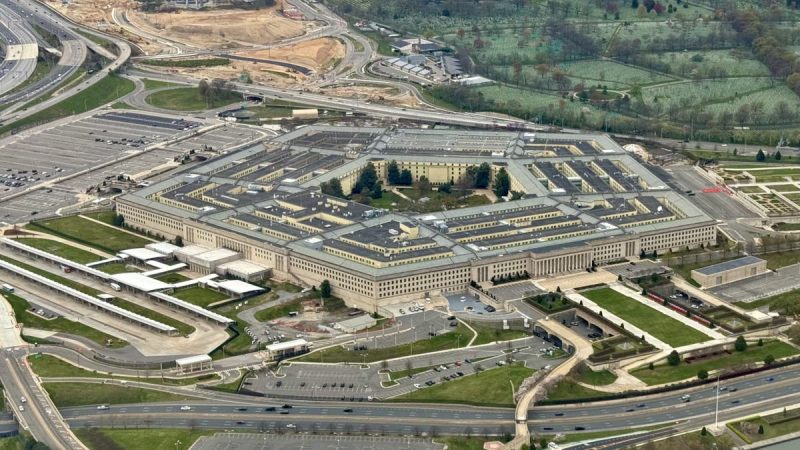The nomination of Pete Hegseth for Secretary of Defense by President Trump has sent shockwaves through the Pentagon, with many bracing for sweeping changes to come. As a former Army National Guard officer, television personality, and commentator, Hegseth’s nomination raises a range of questions and concerns within the defense community.
One notable aspect of Hegseth’s nomination is his lack of traditional military experience, having only served in the National Guard. This differs from previous Secretaries of Defense who typically have extensive military backgrounds, such as retired generals or admirals. Some within the Pentagon worry that Hegseth may lack the necessary understanding of military strategy and operations to effectively lead the Department of Defense. However, supporters point to his leadership skills and commitment to national security as reasons why he may excel in the role.
Another area of uncertainty is Hegseth’s approach to defense policy. As a well-known conservative commentator, he is expected to bring a more hawkish stance to the Pentagon, favoring robust military spending and a proactive foreign policy. This has raised concerns among some in the defense community who worry about the potential for increased military intervention and strained international relations under his leadership. On the other hand, supporters believe that Hegseth’s approach will strengthen the military and enhance national security.
One of the most pressing challenges facing Hegseth if confirmed as Secretary of Defense is the issue of military readiness. The Pentagon has been grappling with issues such as aging equipment, recruitment and retention challenges, and the need to modernize the armed forces to meet evolving threats. How Hegseth addresses these challenges and prioritizes resource allocation will be critical in determining the effectiveness of his tenure as Secretary of Defense.
Overall, the nomination of Pete Hegseth for Secretary of Defense has sparked a mix of reactions within the Pentagon and the defense community at large. While some are concerned about his lack of traditional military experience and potential policy implications, others see his nomination as an opportunity to bring fresh perspectives and leadership to the Department of Defense. As the confirmation process unfolds and Hegseth outlines his priorities and vision for the military, the defense community will be closely watching to see how he plans to shape the future of national security and defense policy.
